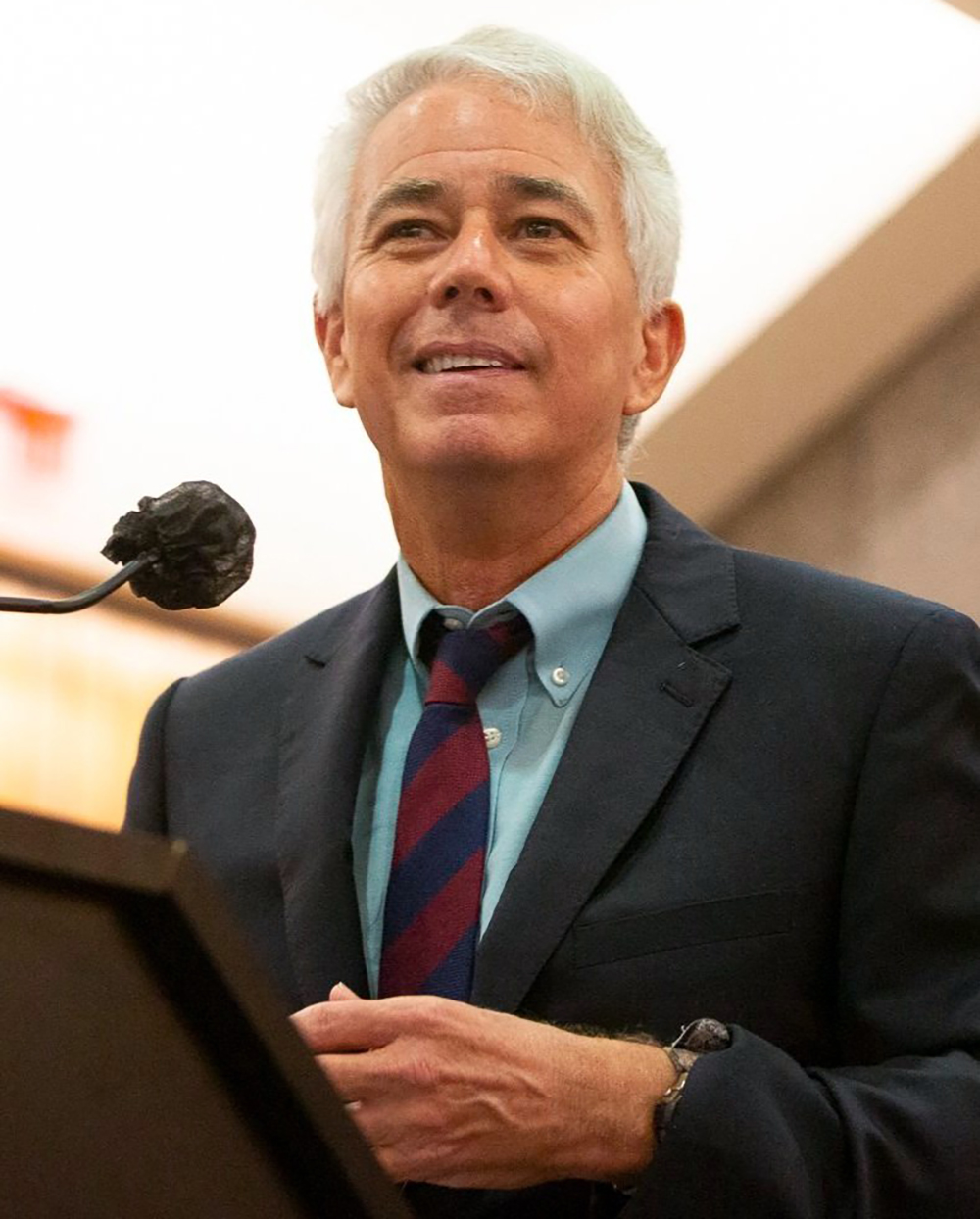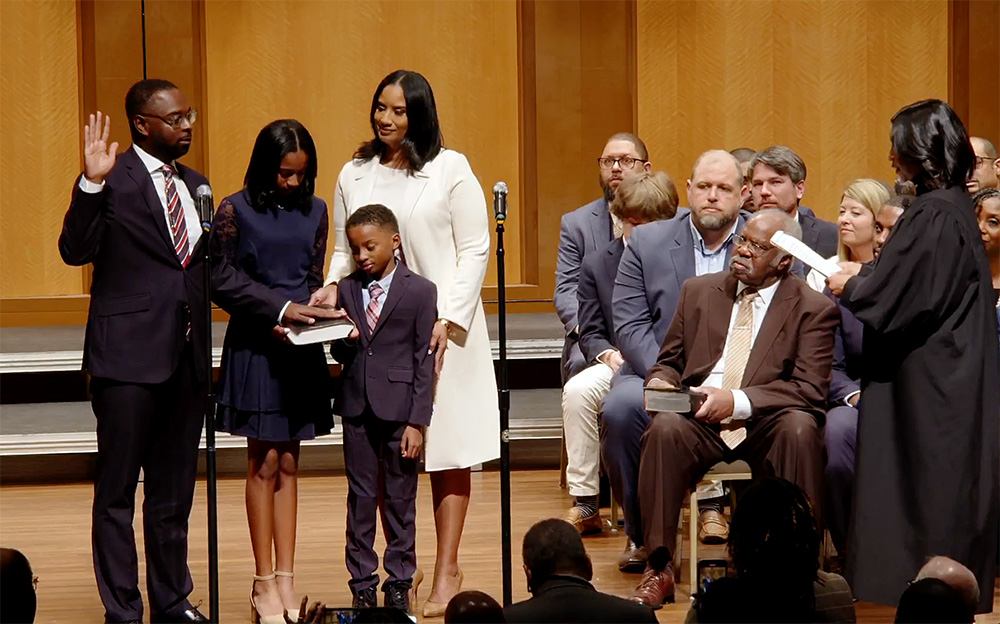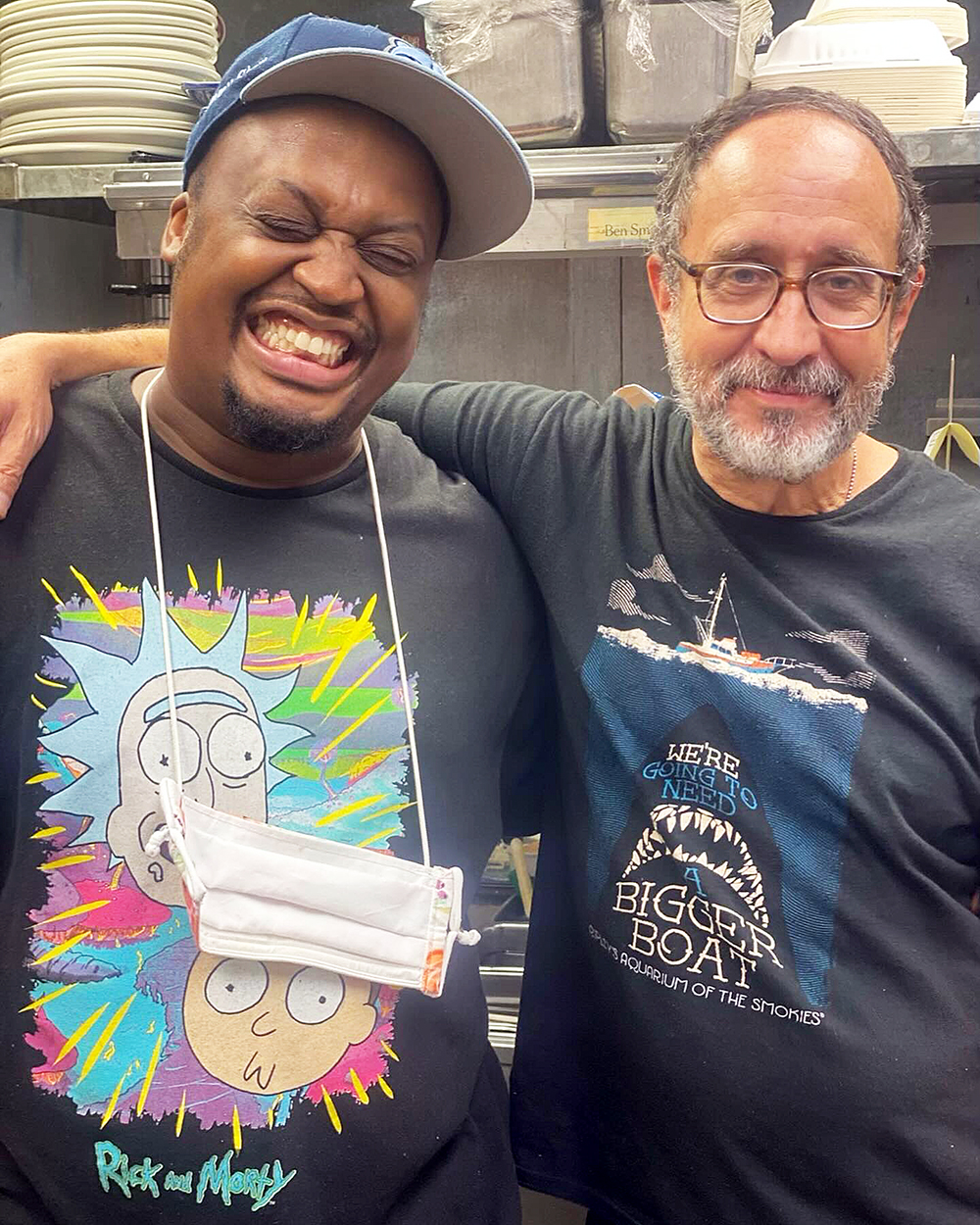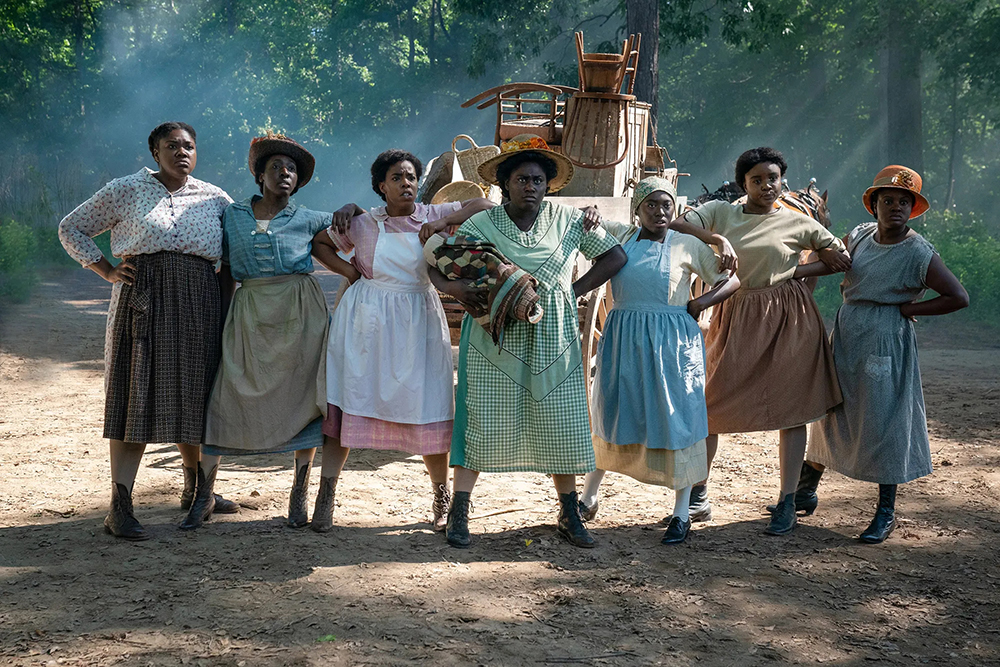Unsurprisingly, Paul Young evoked two parallel concepts in his inaugural address as mayor. He spoke of the specter of crime and its continuing threat to the community. And he spoke of that community’s crying need for a restoration of unity. More surprisingly, he rooted that unity in a memory of an almost forgotten Memphis, of a city that once was officially celebrated not only as one of the nation’s safest places but, formally, several times, as the nation’s cleanest city.
“We all feel it, the city feels like it is in a crisis. The chaos has taken a toll on our collective psyche; it threatens to derail all of the progress of what Memphis can be, we are Memphis, and the future depends on what we do right now. … Together, we can make history, we can make America’s largest majority minority city … America’s safest city. We can make that America’s cleanest city, we can make that America’s city with the fastest growing economy … it’s not going to happen tomorrow, but it will happen.”
And this is a man who asked us to remember that he entered the mainstream of life as an engineering student, who converted that aspect of his being into a knack for social and civic engineering, and who has spent many of his professional years in city and county jobs that called for the re-engineering of housing and neighborhoods — and, indeed, of urban attitudes.
Let us hope that he is thereby ideally equipped to help us remake ourselves as a people.
Another member of what we might consider a new breed of public officials is District Attorney General Steve Mulroy. The DA, too, in a year-end piece written for Tom Jones’ Smart City blog, took note of the times:
“2023 was a challenging year for us. At year’s beginning, we became global news with the Tyre Nichols tragedy. Though nothing can undo the trauma of that event, we can derive some consolation from the fact that we — all of us — handled the case swiftly, fairly, transparently, and peacefully. Memphis didn’t burn, and neither did any of the other major cities with large protests following the release of the video.
“I’m praying that we learn some lessons about reform from this tragedy. We’re generally not good at nuance, but we need to understand both that the vast majority of police are persons of good faith, and also that there are issues of culture and process crying out for systemic reform. The crime issue has eclipsed this issue in the minds of many, but we can’t forget that Tyre Nichols isn’t an isolated incident. The problem isn’t fixed, and there’s work still to do.”
The DA expressed hope “that local leaders stop pointing fingers and start joining hands to make us safer … that our public discourse stops obsessing on sentence lengths and bail amounts (which will not make us safer) and instead focuses on how to increase our crime solve rate and our recidivism rate (which will).”
At his annual holiday gathering last year, an event which attracts people of many different minds, Mulroy at evening’s end presented, instead of his accustomed finishing limerick, a song, one which addressed the community’s prevailing air of controversy and divide. To the tune of “Let It Snow! Let It Snow! Let It Snow!” his verses ended with the refrain of “Let it go, let it go, let it go.”
One of the attendees at that party was Mulroy’s longtime friend Brian Stephens, founder and president of the public strategy group Caissa Public Strategy, well-known for espousing the hopes of conservative-minded groups and political candidates.
Asked about the gap between his own political views and those of his liberal host, Stephens texted back: “Lots of people trying to do their best. Different approaches. Different ways. But it’s all the same goal. Steve is a good man. I hope he feels the same for me.”
And that’s yet another way of saying unity, isn’t it?










